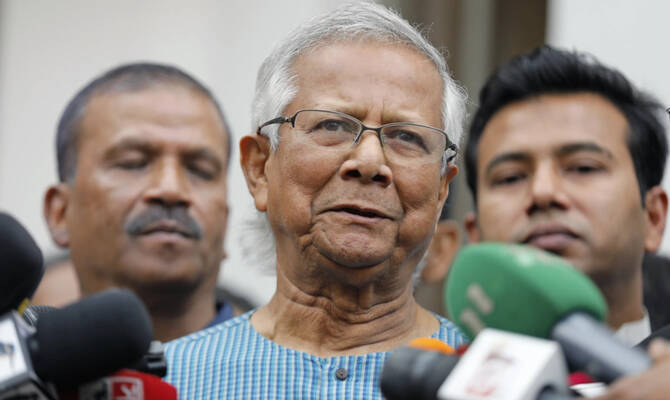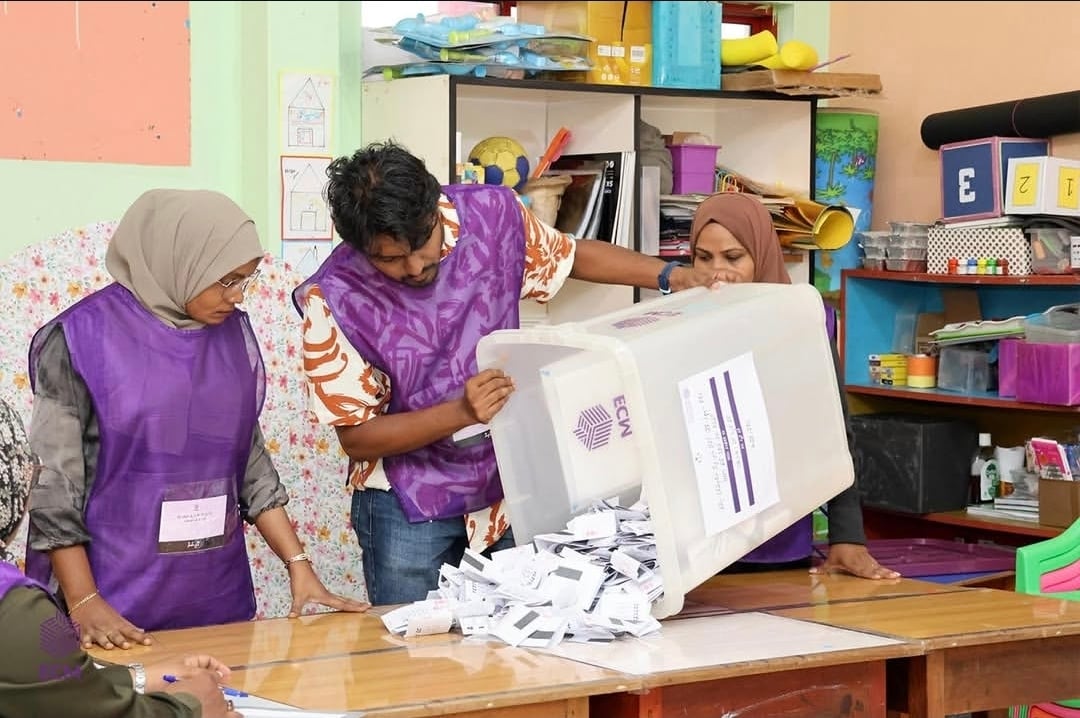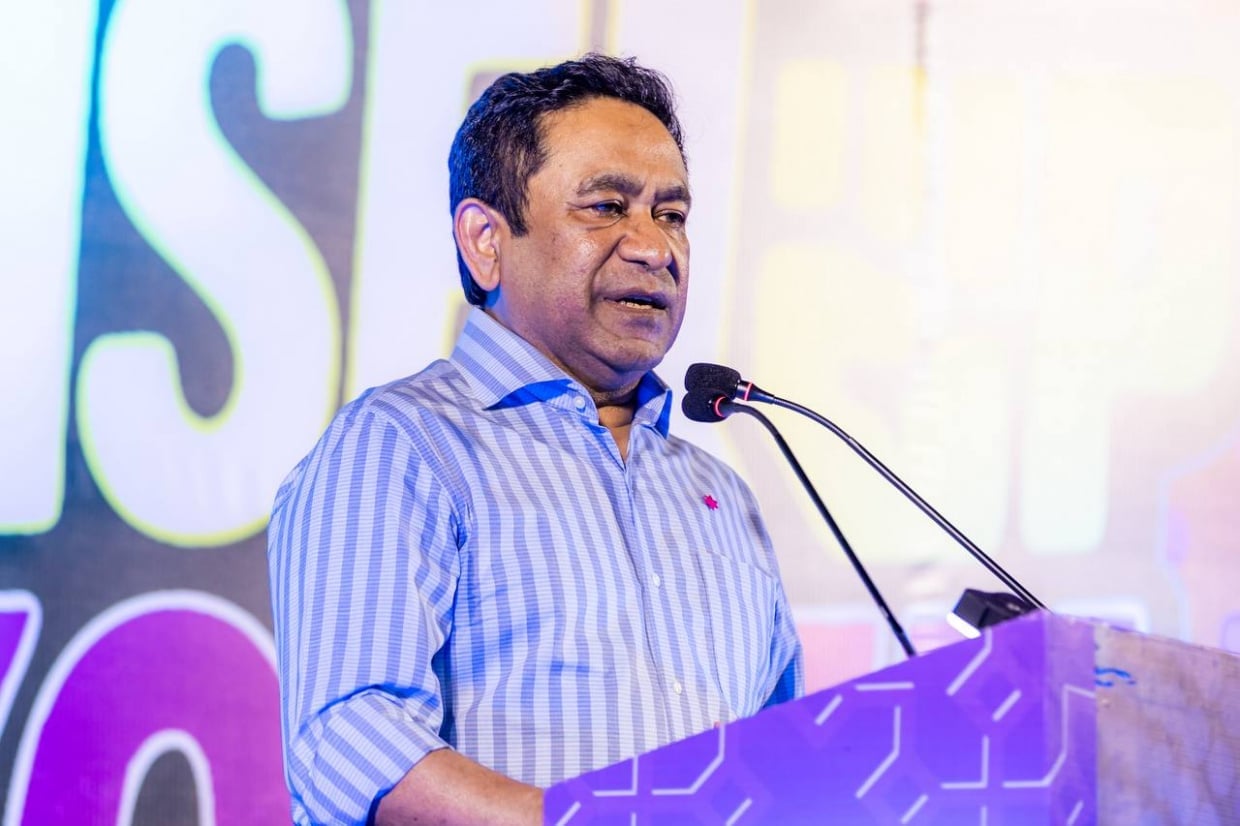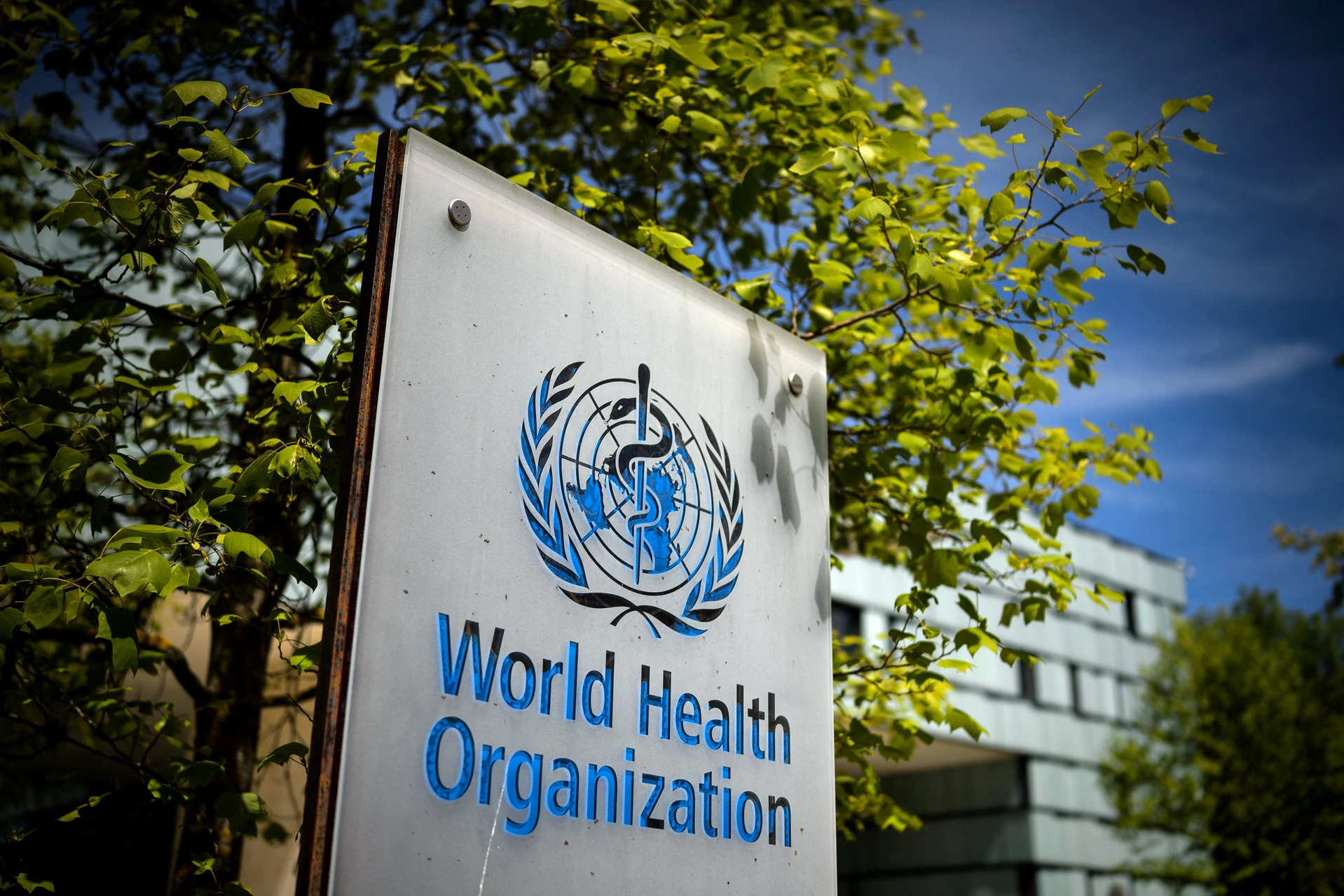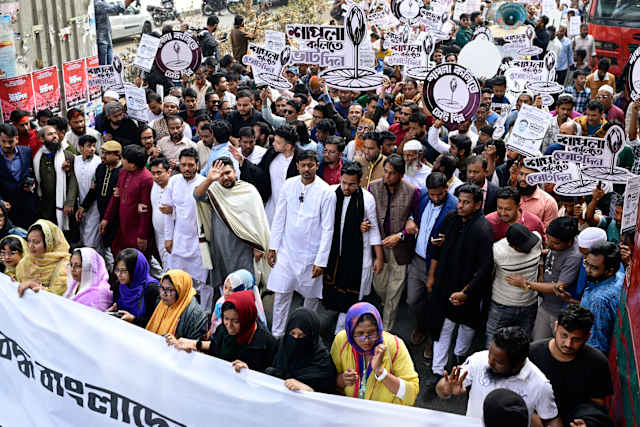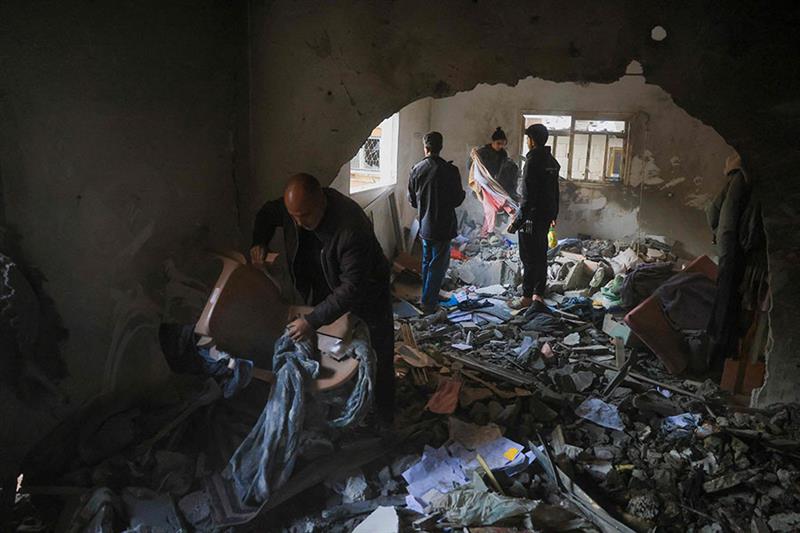Bangladesh’s interim leader, Mohammed Yunus, on Wednesday firmly ruled out any intention of remaining in power beyond the upcoming elections scheduled for April 2026, saying his government’s only goal is to ensure a smooth transition to democracy.
Speaking at Chatham House in London, the 84-year-old Nobel Peace Prize laureate said there was “no way” he or any of his Cabinet members would seek political office after elections. “Our job is to make sure that the transition is managed well,” Yunus said. “If the election is wrong, this thing will never be solved again.”
Bangladesh has been in political flux since a student-led uprising in August 2024 ousted former Prime Minister Sheikh Hasina, ending her 15-year rule. Yunus was appointed to lead the interim administration tasked with stabilizing the country and preparing for democratic elections.
Yunus announced plans to unveil a “July Charter” next month, marking one year since the protests that toppled Hasina. The document will outline sweeping reforms to rebuild democratic institutions, he said, adding that a “consensus commission” is working with political parties to finalize the charter.
The interim government initially planned to hold elections by June 2026, but mounting pressure from political factions led Yunus to confirm a timetable for April. “We want to say goodbye to the old Bangladesh and create a new Bangladesh,” he said.
While in London, Yunus is also expected to meet with Tarique Rahman, acting chairman of the Bangladesh Nationalist Party (BNP), widely seen as the frontrunner in the upcoming polls. Rahman has lived in exile in London since 2008 and is expected to return to lead his party’s campaign.
Speaking at Chatham House in London, the 84-year-old Nobel Peace Prize laureate said there was “no way” he or any of his Cabinet members would seek political office after elections. “Our job is to make sure that the transition is managed well,” Yunus said. “If the election is wrong, this thing will never be solved again.”
Bangladesh has been in political flux since a student-led uprising in August 2024 ousted former Prime Minister Sheikh Hasina, ending her 15-year rule. Yunus was appointed to lead the interim administration tasked with stabilizing the country and preparing for democratic elections.
Yunus announced plans to unveil a “July Charter” next month, marking one year since the protests that toppled Hasina. The document will outline sweeping reforms to rebuild democratic institutions, he said, adding that a “consensus commission” is working with political parties to finalize the charter.
The interim government initially planned to hold elections by June 2026, but mounting pressure from political factions led Yunus to confirm a timetable for April. “We want to say goodbye to the old Bangladesh and create a new Bangladesh,” he said.
While in London, Yunus is also expected to meet with Tarique Rahman, acting chairman of the Bangladesh Nationalist Party (BNP), widely seen as the frontrunner in the upcoming polls. Rahman has lived in exile in London since 2008 and is expected to return to lead his party’s campaign.



